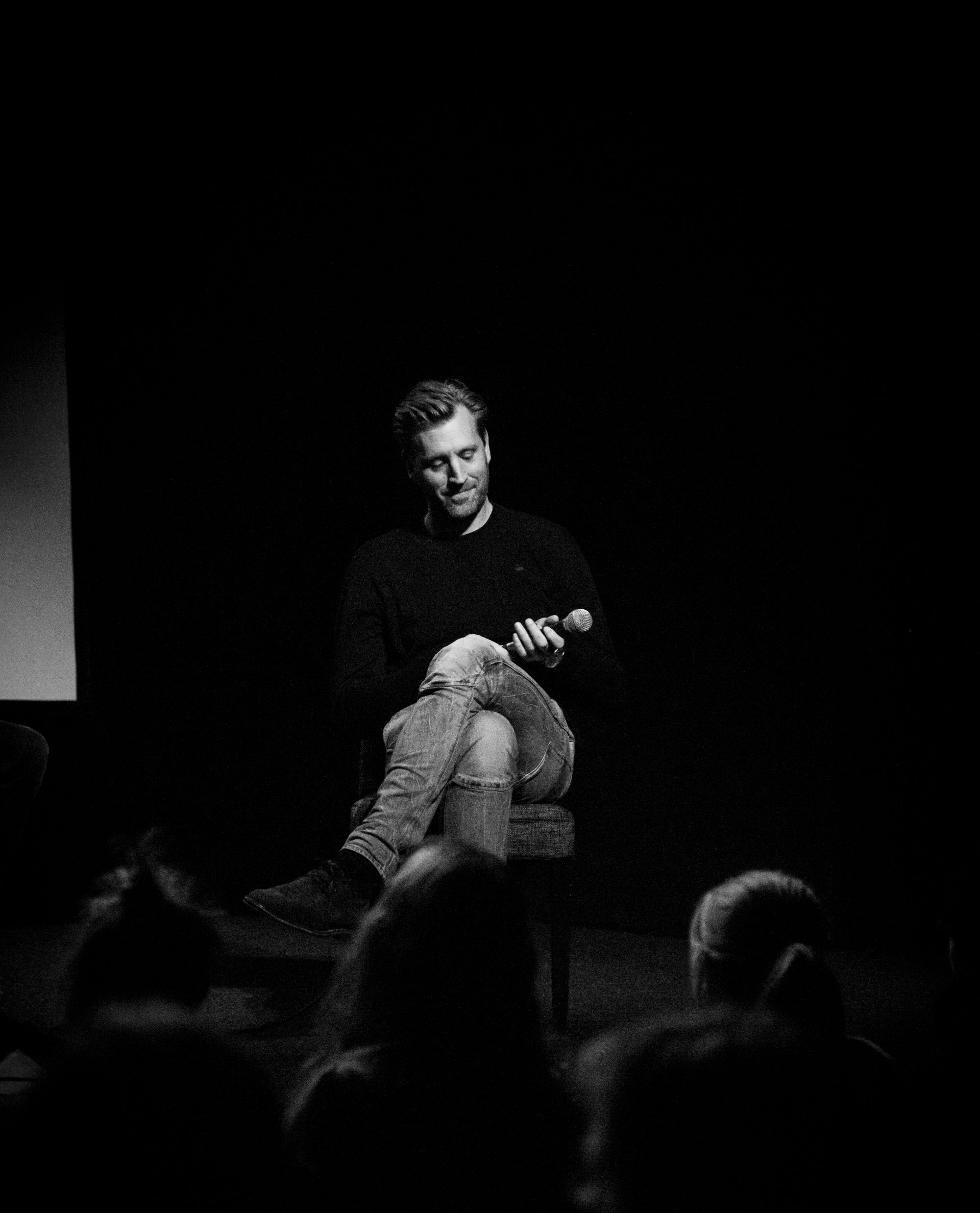For the last few months, different types of analysis of the Arab Spring last year have appeared throughout several media platforms. When political and social reforms of this magnitude are happening, we are to concieve them carefully and through a longer perspective without making conclusions too fast about its benefits and downsides.
One of the key feutures in the aftermath has been the actual outcome in terms of civil rights and equality between citizens. When the Nobel Peace Prize was awarded to among others the Yemeni citizen and journalist Tawakkol Karman, it marked an important statement of the international community, recognizing the significant and fundamental role of women in the political and social processes. Political leadership has much to often been framed as a male framework but the revolution from within showed the opposite. I believe it can be seen as a turning point and a landmark in the history of humanity. But for that it takes pragmatic action.
Because nevertheless, when scanning newspapers, television reports and other media outlets on the events during last year, it is still a segmented norm that reveals itself; a norm that lo a large extent excludes women in the narrative framework and discourses surrounding revolution, power, uprisings and leadership. The segments in western news media tend to portray the revolutionaries as angry often young men, in groups, with the ability to organize and lead the protests. Women often play the role as bystanders sometimes being interviewed about the cause but seldom appearing in a authority position. There are exceptions but the predominant media narrative seems inscripted.
And this raises questions of discrepancies between the journalistic narratives and the experiences and reality of those who actually took part in the events. From a gender perspective, the stories coming out through social media platforms shed new light to womens active and decisive role and differ from the mentioned traditional media narrative. So many influential female egyptian bloggers, so many women on the streets leading the masses and so many women fighting for civil rights sweeping across Egypt, Yemen, Marocko, Tunisia and Libya. Some people call it The womens revolution, although pessimistic towards what is actually going to happen now, after the intense movements have won important victories, even though there are so many left to fight. One can sense a notion of fear about what is to come in terms of womens rights, when countries are rebuilding. Mahnaz Afkhami, founder and president of the Women’s Learning Partnership, states that ” It is a time of critical opportunity for women and girls in the Middle East and North Africa, but it also a time of serious risk for women’s rights”. She continues: “Traditional social and cultural norms have relegated Middle Eastern women,” and “they often lack the social, economic, and political power they need to overcome antagonistic groups and aggressive policy.”.
Hence, now more than ever, the international community must not only recognize the key role of women during the uprisings, but needs to promote and work actively for equal rights in the process of rebuilding nations. Otherwise, if these issues are not adressed and maintained on the agenda, the events last year will not be remembered as the democratic and reformative landmarks in history as they deserve.
